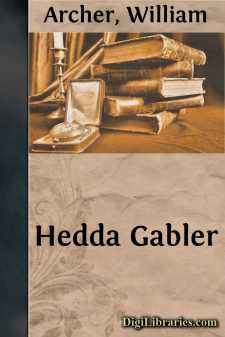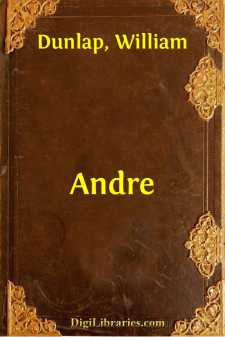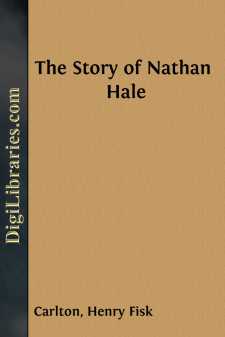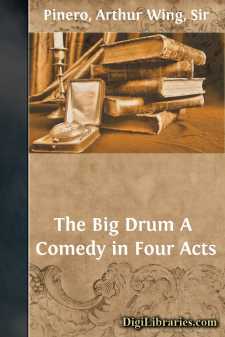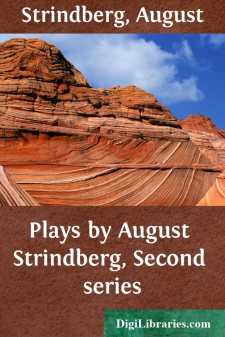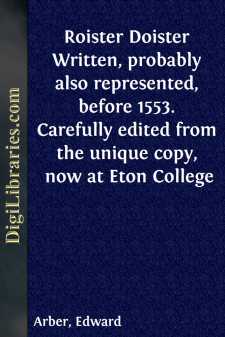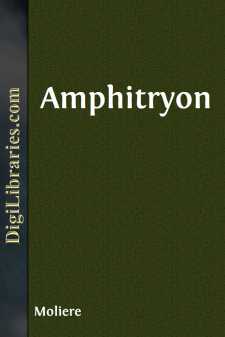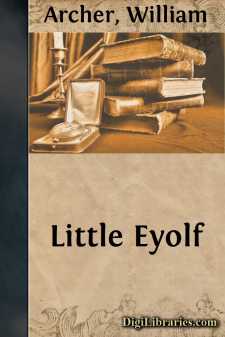Drama Books
Sort by:
by:
William Archer
From Munich, on June 29, 1890, Ibsen wrote to the Swedish poet, Count Carl Soilsky: "Our intention has all along been to spend the summer in the Tyrol again. But circumstances are against our doing so. I am at present engaged upon a new dramatic work, which for several reasons has made very slow progress, and I do not leave Munich until I can take with me the completed first draft. There is little...
more...
by:
William Dunlap
WILLIAM DUNLAP: (1766-1839) The life of William Dunlap is full of colour and variety. Upon his shoulders very largely rests the responsibility for whatever knowledge we have of the atmosphere of the early theatre in America, and of the personalities of the players. For, as a boy, his father being a Loyalist, there is no doubt that young William used to frequent the play-house of the Red Coats, and we...
more...
CAST CAPTAIN NATHAN HALECAPTAIN WILLIAM HULLGENERAL WASHINGTONBOS'NLIEUTENANT PONDSIMON CARTERLIEUTENANT DREW [BRITISH]MRS. CHICHESTERCAPTAIN MONTRESSORPROVOST MARSHAL CUNNINGHAM We present here the story of the famous Revolutionary hero and martyr, Nathan Hale. For the first scene of our sketch, let us go to General Washington's headquarters in New York City. It is early September of the...
more...
by:
John Galsworthy
HALL-MARKED The scene is the sitting-room and verandah of HER bungalow. The room is pleasant, and along the back, where the verandahruns, it seems all window, both French and casement. There is adoor right and a door left. The day is bright; the timemorning. [HERSELF, dripping wet, comes running along the verandah,through the French window, with a wet Scotch terrier in herarms. She vanishes through the...
more...
THE BIG DRUM THE FIRST ACT The scene is a room, elegantly decorated, in a flat in South Audley Street. On the right, two windows give a view, through muslin curtains, of the opposite houses. In the wall facing the spectator are two doors, one on the right, the other on the left. The left-hand door opens into the room from a dimly-lighted corridor, the door on the right from the dining-room. Between...
more...
THERE ARE CRIMES AND CRIMES INTRODUCTION Strindberg was fifty years old when he wrote "There Are Crimes and Crimes." In the same year, 1899, he produced three of his finest historical dramas: "The Saga of the Folkungs," "Gustavus Vasa," and "Eric XIV." Just before, he had finished "Advent," which he described as "A Mystery," and which was published...
more...
by:
Edward Arber
INTRODUCTION. HE author and early date of the present Comedy are ascertained by a quotation in Sir Thomas Wilson’s Rule of Reason of Roister Doister’s letter to Dame Custance. The first edition of the Rule of Reason, 1550-1, is a very scarce work; of which I have been unable to see a copy. The second edition, 1552, 8vo, ‘newely corrected by Thomas Wilson,’ has not the quotation: which...
more...
by:
Ben Jonson
INTRODUCTION THE greatest of English dramatists except Shakespeare, the first literary dictator and poet-laureate, a writer of verse, prose, satire, and criticism who most potently of all the men of his time affected the subsequent course of English letters: such was Ben Jonson, and as such his strong personality assumes an interest to us almost unparalleled, at least in his age. Ben Jonson came of the...
more...
by:
Moliere
PROLOGUE MERCURY, on a cloud; NIGHT, in a chariot drawn by two horses MERC. Wait! Gentle Night; deign to stay awhile: Some help is needed from you. I have two words to say to you from Jupiter. NIGHT. Ah! Ah! It is you, Seigneur Mercury! Who would have thought of you here, in that position? MERC. Well, feeling tired, and not being able to fulfil the different duties Jupiter ordered me, I quietly sat...
more...
by:
William Archer
INTRODUCTION. Little Eyolf was written in Christiania during 1894, and published in Copenhagen on December 11 in that year. By this time Ibsen's correspondence has become so scanty as to afford us no clue to what may be called the biographical antecedents of the play. Even of anecdotic history very little attaches to it. For only one of the characters has a definite model been suggested. Ibsen...
more...


